Is stainless steel magnetic?
As a child, I was fascinated by the magnets on my family’s refrigerator, and I often wondered why some metals were attracted to magnets while others weren’t. One day, while exploring a drawer of kitchen utensils, I discovered a stainless steel spoon that wasn’t magnetic. This sparked my curiosity and led me to ask the question: is stainless steel magnetic? Through research and experimentation, I discovered that the answer is not as simple as yes or no. The magnetic properties of stainless steel depend on its specific alloy composition and processing. Join me as we explore the fascinating world of stainless steel and its magnetic properties.
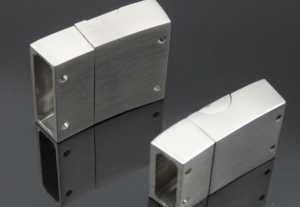
The answer for this article title is that it depends on the type of stainless steel. Some types are magnetic, while others are not.
Stainless steel is a widely used material in various industries due to its corrosion resistance and aesthetic appeal. However, the question remains: is stainless steel magnetic? The answer is not straightforward. Some types of stainless steel are magnetic, while others are not. Austenitic stainless steel, which contains nickel, manganese, and nitrogen, is non-magnetic. Ferritic and martensitic stainless steel, which contain iron, are magnetic. The magnetic properties of stainless steel depend on its chemical composition, crystal structure, and processing method. For applications where magnetic properties are crucial, such as in electrical transformers, magnetic stainless steel is preferred. It is essential to know the magnetic properties of stainless steel when selecting it for specific applications.
This article will continue to discuss this question from the following aspects:
Table of Contents
What types of stainless steel are magnetic?
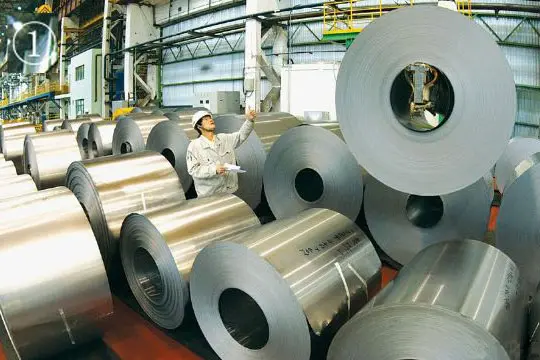
When it comes to stainless steel, the question of magnetism is a complex one.
While stainless steel is generally considered non-magnetic, there are some types that do exhibit magnetic properties. These types are typically referred to as “magnetic stainless steels”.
The most common magnetic stainless steels are the austenitic stainless steels, which include types such as 302, 304, and 316. These steels contain nickel, which gives them their non-magnetic properties, but they also contain small amounts of iron, which can make them weakly magnetic. Ferritic and martensitic stainless steels, on the other hand, are inherently magnetic due to their high iron content.
Understanding the magnetic properties of different types of stainless steel is important for a range of applications, from designing magnets to identifying the types of materials used in a product.
Ah, the age-old question of magnetic stainless steel. While some types of stainless steel are magnetic, others are not. The magnetic properties of stainless steel are largely determined by its microstructure, specifically the presence or absence of certain alloys.
But what if you want your stainless steel to be magnetic when it’s not? Can magnetic properties be added to stainless steel? The short answer is yes, through a process called cold working. This involves deforming the metal at room temperature through rolling, bending, or drawing. The resulting stress in the metal creates magnetic domains, giving the stainless steel magnetic properties.
However, it’s important to note that cold working can also compromise the corrosion resistance and mechanical properties of stainless steel. So while it’s possible to make stainless steel magnetic, it may come at a cost.
Can magnetic properties be added to stainless steel?
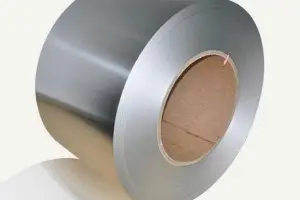
How does the magnetism of stainless steel affect its usage in different applications?
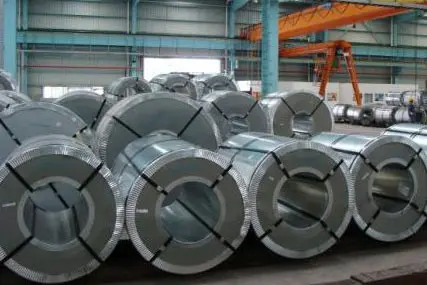
The magnetism of stainless steel plays a crucial role in determining its suitability for various applications. For example, non-magnetic stainless steel is preferred in medical and electronics industries, as magnetic materials can interfere with equipment and implantable devices.
Magnetic stainless steel is commonly used in the construction industry for fixing and clamping purposes due to its high magnetic strength. The magnetism of stainless steel also affects its corrosion resistance, with magnetic stainless steel generally exhibiting lower resistance to corrosion than non-magnetic stainless steel.
Understanding the magnetic properties of stainless steel is important in selecting the appropriate grade for specific applications, as well as in designing and optimizing magnetic devices and structures.
By considering the magnetic properties of stainless steel, engineers and designers can ensure optimal performance and longevity of their products.
Yes, the magnetic properties of stainless steel can change over time due to various factors such as temperature, stress, and corrosion. For example, when stainless steel is heated to high temperatures, it can undergo a process called austenitic transformation, which can increase its magnetic susceptibility. On the other hand, when stainless steel is exposed to corrosive environments, such as saltwater, the formation of rust can cause a decrease in its magnetic properties.
In addition, mechanical stress can also affect the magnetic properties of stainless steel. For example, if stainless steel is bent or twisted, it can create areas of stress that can affect the magnetic properties of the material.
Therefore, it is important to consider the potential changes in magnetic properties when selecting stainless steel for different applications, especially those that involve exposure to extreme temperatures or corrosive environments. Proper maintenance and monitoring can also help to ensure the longevity and reliability of stainless steel components.
Can the magnetic properties of stainless steel change over time?
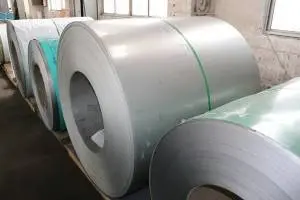
How does the magnetic behavior of stainless steel compare to other types of metals?
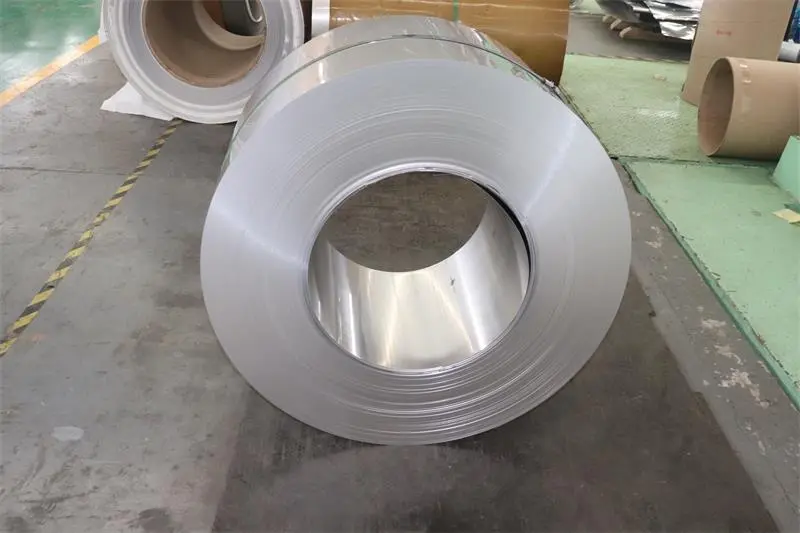
Stainless steel’s magnetic behavior differs from other types of metals in a unique way.
While some metals are naturally magnetic, like iron, nickel, and cobalt, others like copper and aluminum are not. Stainless steel, however, is a mixed bag. Some grades are magnetic, while others are not. This can be attributed to the varying amounts of iron, nickel, and chromium in the alloy. Compared to other magnetic metals, stainless steel has a distinct advantage due to its corrosion resistance and durability, making it ideal for use in a wide range of applications.
Additionally, its non-magnetic grades make it suitable for use in sensitive environments where magnetic interference must be minimized, such as in medical equipment or electronic devices. Understanding the magnetic behavior of stainless steel is crucial in selecting the appropriate grade for a specific application.
Conclusion
In summary, the topic of stainless steel magnetism is a complex and fascinating one.
While stainless steel is generally considered non-magnetic, certain types of stainless steel can exhibit magnetic properties due to the presence of ferrite or martensite phases. These magnetic properties can have an impact on the use and functionality of stainless steel in various applications, such as in the medical field where magnetic interference can be problematic. It is also possible to intentionally add magnetic properties to stainless steel through various methods such as cold working or heat treatment.
However, it is important to note that the magnetic properties of stainless steel can change over time due to various factors such as temperature, stress, and exposure to corrosive environments.
Overall, understanding the magnetic behavior of stainless steel is important for selecting the appropriate material for specific applications and ensuring its proper maintenance and longevity.
 :+86-13012867759
:+86-13012867759  :export86@sino-stainless-steel.com
:export86@sino-stainless-steel.com